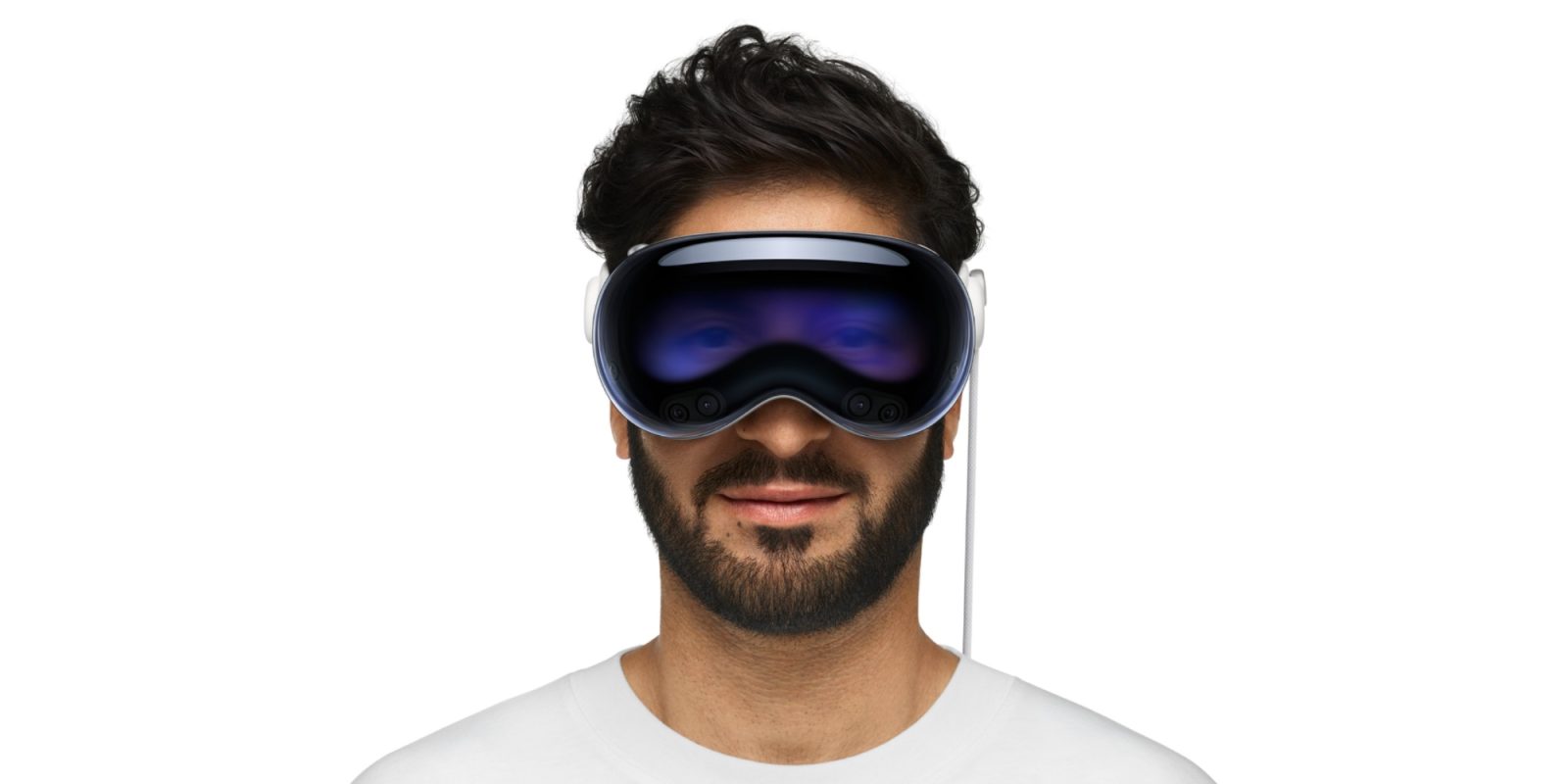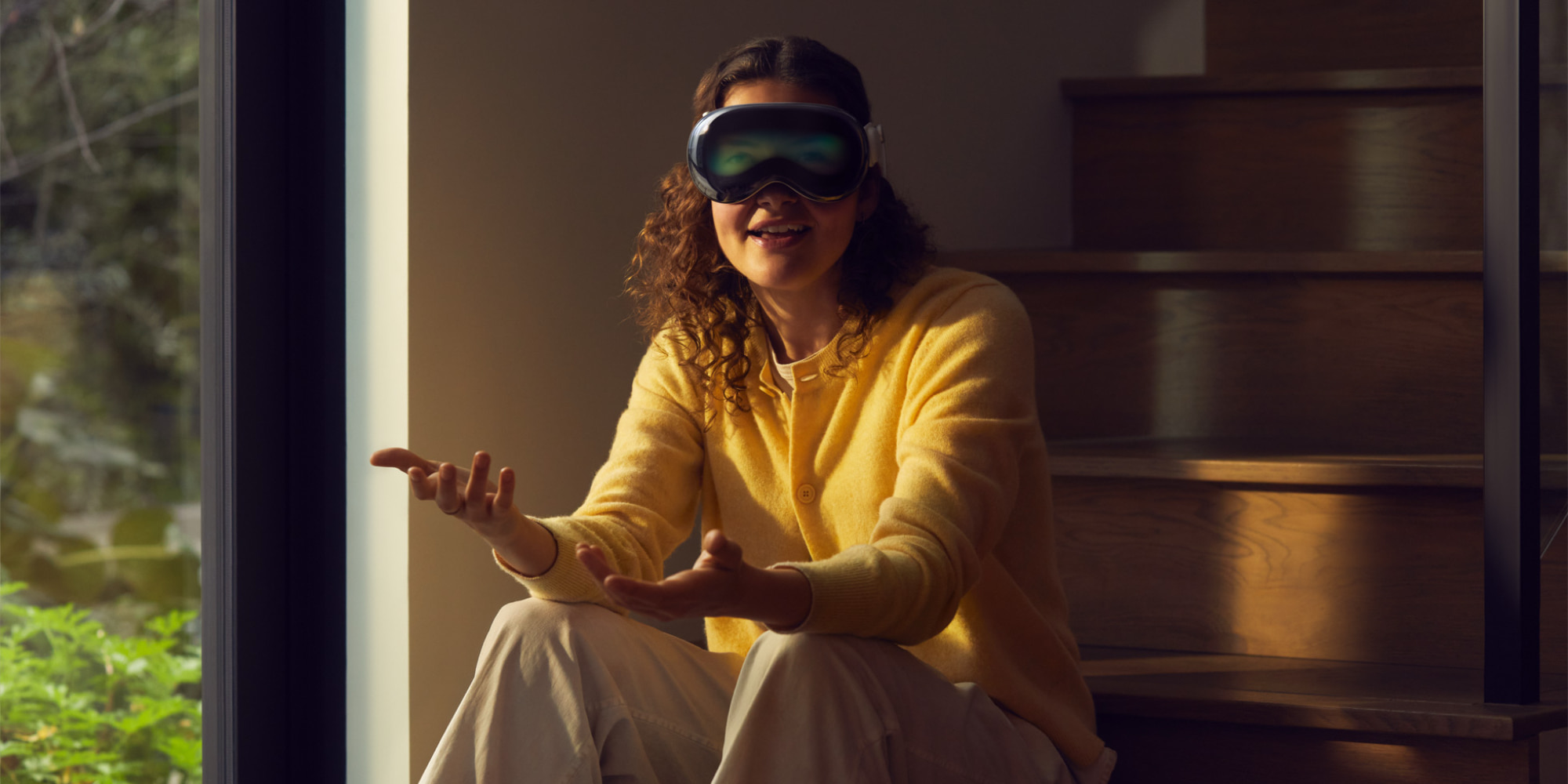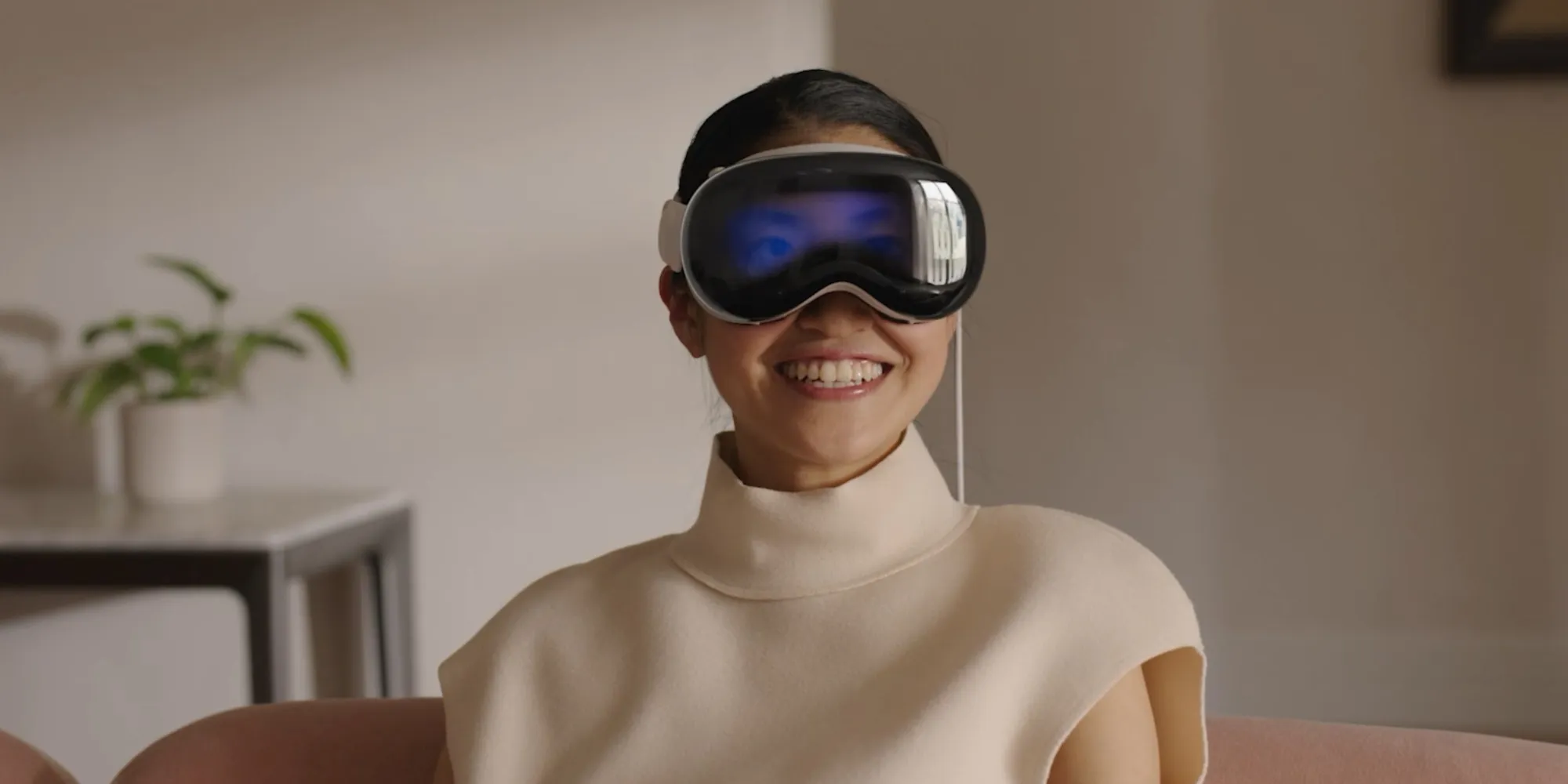
EyeSight may be weird, but it’s a step toward solving a key Vision Pro problem
-
by Anoop Singh
- 2

EyeSight is undoubtedly one of the weirdest features of the Vision Pro. But it’s also, arguably, one of its most important for solving a key problem with the headset. Here’s why.
What is EyeSight?
Apple’s Vision Pro launched with all kinds of cutting edge tech, but one of its most unique features is EyeSight.
EyeSight is Apple’s branding for the screen on the front of the headset that shows the wearer’s eyes to others. Well, a digital rendering of their eyes.
Reportedly, EyeSight is being removed from the next Vision product. But I believe that could be a mistake.
It’s not that I think EyeSight is a great feature in its current form. It partly gets the job done, but many users and reviewers have called it half-baked.
The display resolution is pretty low, and as a result it only partly delivers on its promise of helping Vision Pro users connect with the people around them.
Solving a problem that every headset has

Isolation is a problem intrinsic to every VR headset.
When you put the headset on, you’re blocking out the world around you.
Vision Pro’s unique take is that it acts more like an AR device. Put it on, and you still see your normal physical environment—just with some digital apps sprinkled on top.
visionOS does a very good job of replicating your real world. But to the other people in your life who occupy that world, wearing a Vision Pro makes you isolated.
No, the Vision Pro isn’t the only device that isolates. Many of us also keep noses buried in our iPhones and ignore the people around us. But iPhones, iPads, and Macs are unquestionably less isolating than sticking a big headset on your face.
That’s why EyeSight, despite its middling execution, is an important step toward solving a big problem.
Vision Pro’s EyeSight future could be bright

Personally, I think solving the isolation problem should be one of Apple’s chief goals for Vision Pro.
Yes, the company needs to lean harder into making the device a great spatial computer, and start pumping out a lot more Immersive Video content.
But another priority has to be breaking down the relational barriers that Vision Pro creates.
And abandoning EyeSight seems like a step in the wrong direction.
I get that the cheaper Vision device has to cut costs somewhere. But Apple giving the feature up so quickly is concerning.
The company could absolutely make EyeSight a better experience than it is today.
Right now, the Vision Pro’s physical size is so imposing, and EyeSight’s resolution so weak, that the feature isn’t very effective.
But imagine a future Vision Pro 2 device where:
- the headset itself isn’t quite as big and bulky on the face
- and EyeSight has a higher resolution display that looks far more life-like
These two changes alone would make Vision Pro far less problematic for social engagement.
The path toward making Vision Pro less weird might just involve leaning harder into a weird-but-necessary EyeSight future.
What do you think? Should Apple improve EyeSight or abandon it? Let us know in the comments.
FTC: We use income earning auto affiliate links. More.
EyeSight is undoubtedly one of the weirdest features of the Vision Pro. But it’s also, arguably, one of its most important for solving a key problem with the headset. Here’s why. What is EyeSight? Apple’s Vision Pro launched with all kinds of cutting edge tech, but one of its most unique features is EyeSight. EyeSight…
EyeSight is undoubtedly one of the weirdest features of the Vision Pro. But it’s also, arguably, one of its most important for solving a key problem with the headset. Here’s why. What is EyeSight? Apple’s Vision Pro launched with all kinds of cutting edge tech, but one of its most unique features is EyeSight. EyeSight…
